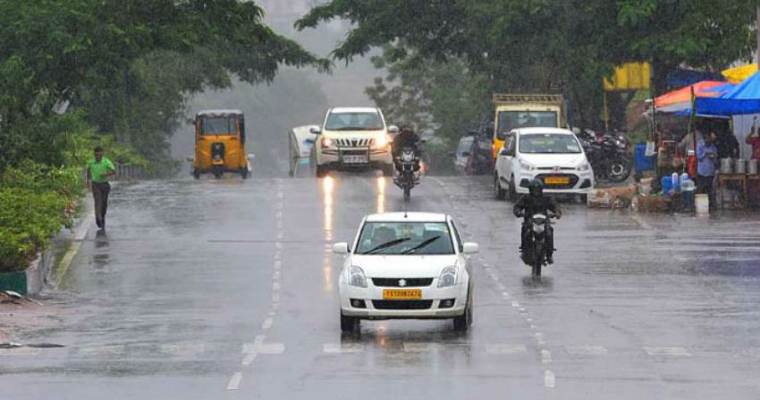
Another month of record-breaking temperatures has left scientists struggling for words to describe the situation. Zeke Hausfather of the Berkeley Earth climate data project described it as “astonishingly unprecedented.” September has become the hottest on record, following record-breaking August and July temperatures. This September surpassed the previous record by 0.5 degrees Celsius, marking the most significant temperature jump ever recorded.
In the UK, where the summer was wet and many experienced unseasonably warm early autumn days, the impact has not been as devastating as in other regions. However, floods, fires, and extremely high temperatures are becoming increasingly frequent, with recent emergencies including the overflow of Lhonak Lake in India and wildfires and extreme heat in Tenerife.
The countdown to the upcoming UN climate talks in Dubai in late November has begun. Pope Francis, in an update to his 2015 encyclical, warned that “the world in which we live is collapsing” and called for a change in “irresponsible” western lifestyles. Over 80 countries are advocating for the inclusion of a fossil fuel phaseout on the Cop28 agenda. However, leaders of major emitting countries, such as Joe Biden and Xi Jinping, were absent from a summit convened by UN Secretary-General António Guterres in New York last month.
As Mr. Guterres has cautioned, oil companies and states are actively opposing efforts to close down their fossil fuel businesses. Saudi Arabia’s significant investment in football is part of its strategy to increase influence and silence opponents. Saudi Aramco, largely state-owned, posted a record profit of $161 billion last year, the highest ever recorded by an oil and gas firm.
The actions of oil companies and petrostates are concerning, but the actions of governments in the wealthy world have yet to align with their net-zero commitments. Even as scientists express shock at the latest data, there is no guarantee that greenhouse gas emissions will cease rising by 2025, as experts believe is necessary to limit temperature increases to 1.5 degrees Celsius.
Under Rishi Sunak’s leadership, the UK’s climate ambitions have diminished. Last month, commitments to phase out petrol cars and gas boilers were watered down, and ministers at the party’s conference used inflammatory language to stoke public fears about the affordability of decarbonization. Other governments are also displaying a concerning lack of commitment. Gordon Brown, the UK’s former prime minister, went further than current leaders of major Western states by proposing a windfall tax on the oil and gas revenues of countries with the largest deposits. It’s no wonder that governments in some of the world’s poorest nations, which face the greatest threats from global warming and have contributed the least to the problem, are frustrated.
As Pope Francis noted, there is still hope. While the high temperatures are alarming, responsible politicians can use them to build momentum for an accelerated transition to a greener future.



